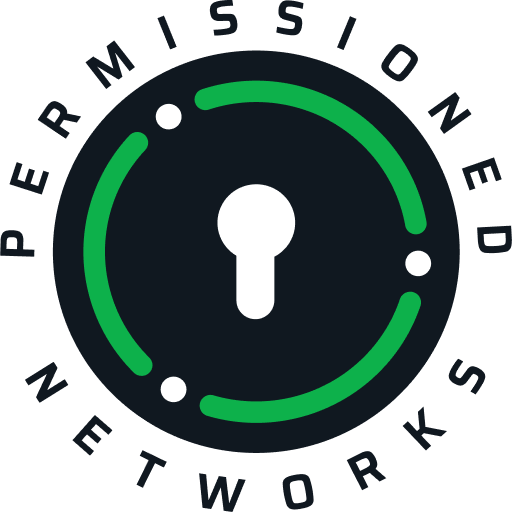– Ian Defilippi, Head of Product, Permissioned Networks, Inc.
There’s no denying that a big wave of decentralization is making inroads into the mainstream of our lives. One way to think about this is comparing it to how our society worked in the past and where we are heading today. Historically, communities depended on the proximity of the people and the entities they interacted with. Whether these were religious (e.g. church), social (e.g Rotary Clubs), or commercial (e.g. trade associations) the people within each group mostly knew one another or were removed by one degree of separation. Modern communications, especially the Internet changed this dynamic. Today, it is easier than ever to meet, communicate, and interact with people around the globe without ever meeting them or needing to do so.
As this decentralization has spread, we rely on thousands of organizations to determine the context for our connections. Banks connect counterparties in financial transactions, retailers connect consumers with producers of goods. We put our trust in these entities to do their job effectively and well. But further decentralization that is made possible by new technologies (5G, IoT, blockchain, AI-powered bots, etc.) will permit the disintermediation of these institutions too. But can we establish more meaningful connections and reduce the dependency on these without losing trust in the process? This is the main thesis of the wave of decentralization projects that kicked-off with Bitcoin. It is possible to send money — if you consider Bitcoin as such— safely to any person in the world without a bank acting as the intermediary. Great innovation!
We change our behaviors depending on where we are and who we are with. What is socially acceptable also changes with that context (imagine doing a haka dance when you met your non-Maori girlfriend’s parents). In a group or in a network, we’ll bring our experiences to the community and in return we adopt social rules from the group. The Bitcoin network itself (not the community) is very impersonal, pseudo-anonymous. You don’t need to know who you’re dealing with, but you can trust that the transaction will be executed. There is no need for a common language or shared value system. In contrast, in supply chains it takes a good number of meetings, trials, contracts with legal recourse, and coordination to incorporate a new supplier in your network. Thus, not all economic networks can be merged into a big decentralized marketplace. There are and will be customized environment setups according to the needs of the participants.
One big aspect of determining the scope of a network is based on who can participate in it. An open network without an intermediary would allow any member with no need for permission to join in. And the transactions will be limited to those where peers don’t need to trust or even see each other. Although this can be mitigated with some form of an identity solution, so far these attempts have been limited without a central authority. A consequence of this setup is that a lot of time and (literally) energy must be spent in order to arrive at a consensus strong enough to make any transaction valid by all parties. This is the Bitcoin model.
In contrast, a closed or permissioned network would include only approved members. With identities known, we can establish a more efficient type of consensus at a fraction of the cost. Knowing the peers in a vetted network also creates a higher degree of trust. Think of receiving a cold email from a random company vs a message in a platform where you can verify the sender’s credentials. Further, knowing that the actors are of a specific profile, like a network of banks, the limitations of establishing a network can be lifted if we all speak the same language. Now we can concentrate on advancing our goals in that network, instead of using that energy in establishing trust.
In summary, the decentralization trend will not abate any time soon. But the implementation will be usage and context dependent. Open permissionless networks will proliferate where there is a need for broad decentralization with no central authority and interaction is between [mostly] anonymous parties. Closed-loop permissioned networks will be implemented where there is a greater requirement for information privacy and transactions are between “known” entities.
